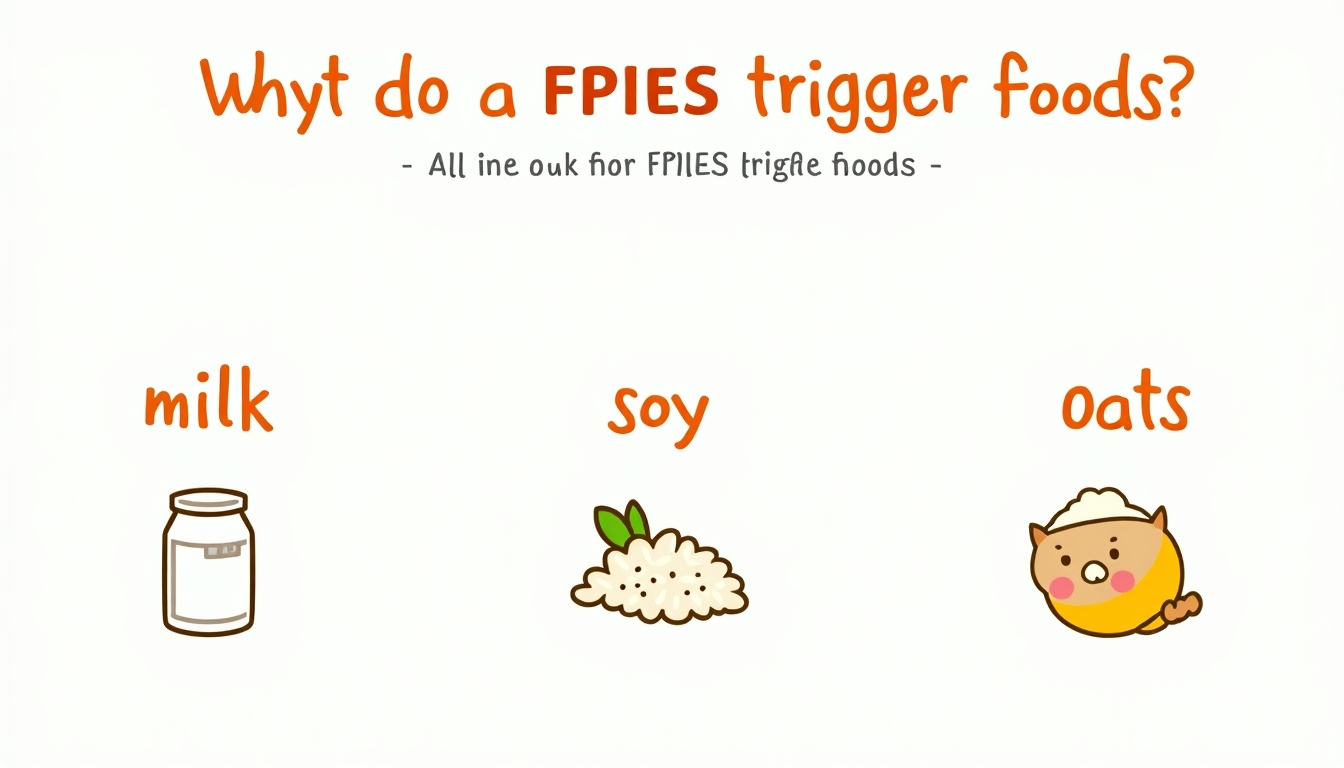Acute FPIES, or Food Protein-Induced Enterocolitis Syndrome, poses unique challenges, especially in school settings. With increasing awareness, ensuring school safety for affected children is paramount.

Understanding Acute FPIES
Acute FPIES is a rare type of food allergy that affects the gastrointestinal system. Unlike typical allergic reactions, acute FPIES symptoms include severe vomiting and diarrhea, often leading to dehydration and reduced blood pressure. FPIES primarily occurs in infants and young children, but its impacts can extend into school-age years.
Key Symptoms and Triggers
- Severe vomiting 2-4 hours after eating the trigger food
- Diarrhea
- Lethargy and pallor
Common triggers include:
- Cow's milk
- Soy
- Grains like rice and oats
The absence of traditional allergic markers, like skin rashes or anaphylaxis, makes FPIES challenging to diagnose initially. Schools must prepare by understanding these nuances.

The Impact on School Safety
Schools serve as a critical environment for children with FPIES, making their safety a top priority. Educators and staff must be informed about the condition to effectively manage it. Here are essential steps schools can take:
- Conduct staff training sessions about Acute FPIES and its management
- Develop individualized health plans for affected students
- Maintain an emergency response plan, including contacting EMS
Tips for Ensuring School Safety
- Communication is Key: Ensure clear communication lines between parents, teachers, and healthcare providers.
- Custom Meal Plans: Have safe meal options available for children with FPIES.
- Emergency Preparedness: Keep detailed emergency protocols accessible.

Personal Insights
Speaking with parents and teachers reveals common concerns and strategies that truly work. For example, one parent emphasized the importance of "allergy buddies," where peers learn about a child's condition and support them in daily activities. This approach not only fosters a safe environment but also promotes empathy among students.
Real Experiences
Ms. Anderson, a third-grade teacher, shared, "We've implemented clear labels in the cafeteria, and it has significantly reduced accidental exposures." She also mentioned the use of visual aids and regular drills to reinforce emergency procedures.

Effective Strategies for Schools
- Implement Comprehensive Policies: Schools should have well-documented policies that address acute FPIES management at every level, supported by regular updates.
- Staff and Student Education: Continuous education on FPIES and general allergy management should be mandatory for both staff and students.
- Promote Awareness: Host workshops and events to spread awareness about food allergies and promoting inclusivity.
- Engagement with Parents: Establish a collaborative environment with parents to ensure individual care needs are met.
Summary
Navigating acute FPIES in a school setting requires a collaborative approach that prioritizes communication, education, and proactive safety measures. By incorporating tailored strategies and policies, schools can create a supportive environment for children with FPIES.

To further explore this topic, dive into our recommended readings below, where you can find articles about fostering inclusive environments and comprehensive health plans in schools.
Discuss Here